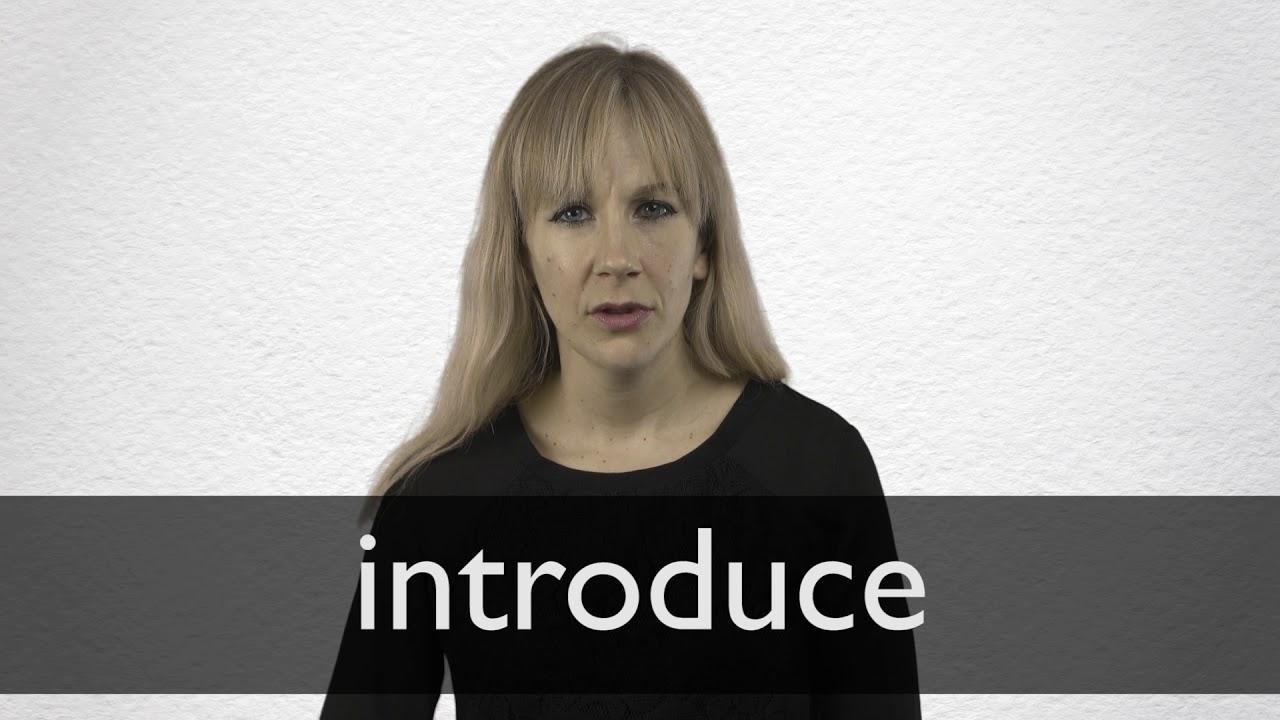Imagine a world where the familiar crackle of a lighter igniting a cigarette is a relic of the past, replaced by the whirring hum of a vape or the quiet clink of a nicotine patch. That world may be closer than we think. The United Kingdom, long known for its love affair with tobacco, is poised to take a radical step: making the purchase of cigarettes illegal. This landmark bill, currently in its early stages, promises to reshape the landscape of public health and ignite a debate on personal freedoms and the role of government in shaping our choices.
Table of Contents
- The End of an Era: UK’s Bold Move Towards a Smoke-Free Future
- A Generation of Smokers Loses Its Right to Choose: Examining the Ethical Implications
- Beyond the Ban: Addressing the Social and Economic Fallout of a Smoke-Free UK
- Navigating the Uncharted: Ensuring a Smooth Transition to a Smoke-Free Future
- Key Takeaways

The End of an Era: UK’s Bold Move Towards a Smoke-Free Future
The UK Parliament has introduced a groundbreaking bill that could usher in a new era for public health – the end of cigarettes. This bold move, which has stirred both excitement and controversy, aims to gradually phase out the sale of cigarettes, ultimately making their purchase illegal. While the proposed legislation faces challenges and requires careful implementation, it represents a decisive step towards creating a smoke-free future.

A Generation of Smokers Loses Its Right to Choose: Examining the Ethical Implications
The UK’s proposed legislation, aiming to eventually ban the sale of cigarettes, raises profound ethical questions. Is it right for the government to dictate a choice so deeply ingrained in personal freedom? While undeniably detrimental to health, smoking, for many, is a deeply rooted habit, often tied to stress management, social rituals, and individual identity. This paternalistic approach, while well-intentioned, raises concerns about individual autonomy and the potential for unintended consequences, especially among those who may find solace and comfort in the act of smoking.
Beyond the Ban: Addressing the Social and Economic Fallout of a Smoke-Free UK
The UK government’s proposed ban on cigarette sales, while aiming to improve public health, carries significant social and economic implications. The impact extends beyond the direct impact on smokers, affecting industries, communities, and individuals reliant on tobacco production and sales. This comprehensive approach necessitates a multifaceted response, with a focus on supporting affected communities, re-skilling workers, and creating alternative economic opportunities.
| Area | Impact | Mitigation |
|---|---|---|
| Tobacco Industry | Job losses, decline in revenue, and potential closure of businesses. | Reskilling programs, support for transitioning to alternative sectors. |
| Retail Sector | Reduced sales from tobacconists and convenience stores. | Investment in alternative product lines, diversification strategies. |
| Communities | Potential increase in crime rates and social unrest. | Targeted community programs, social support services. |
The transition requires a collaborative effort involving government, businesses, and communities to ensure a just and equitable outcome for all.
Navigating the Uncharted: Ensuring a Smooth Transition to a Smoke-Free Future
The UK’s proposed legislation presents a pivotal turning point, not just in public health but in the very fabric of societal norms. This radical move signifies a commitment to a future where smoking is relegated to the annals of history, a relic of a bygone era. The journey, however, will be fraught with challenges, demanding a delicate balance between individual choice and collective well-being. The success hinges on strategic navigation, with a focus on:
- Comprehensive Support Systems: Providing smokers with accessible resources, such as cessation programs, counseling, and nicotine replacement therapies, is paramount. These initiatives will empower individuals to navigate the transition, fostering a sense of agency and increasing the likelihood of success.
- Targeted Education and Awareness: Disseminating accurate and impactful information about the harms of smoking is crucial. This includes highlighting the long-term health consequences, the environmental impact, and the financial burden associated with tobacco use. Public awareness campaigns tailored to diverse communities and age groups will be essential.
- Economic Considerations and Alternative Livelihoods: The tobacco industry employs a vast workforce, and any legislation must address the economic repercussions. This could involve job retraining programs, support for farmers transitioning to alternative crops, and financial assistance for businesses reliant on tobacco sales. A well-defined plan to mitigate economic hardship will be crucial for garnering support and ensuring a smooth transition.
Key Takeaways
So the future of cigarettes in the UK hangs in the balance, a precarious ember waiting to be snuffed out. Whether this legislative firestorm will ignite a nationwide shift towards a smoke-free future or merely sputter out in the halls of Parliament, only time will tell. One thing is certain: the debate is far from over. The smell of change hangs in the air, and the smoke-filled room is getting a whole lot smaller.

Leave a Reply